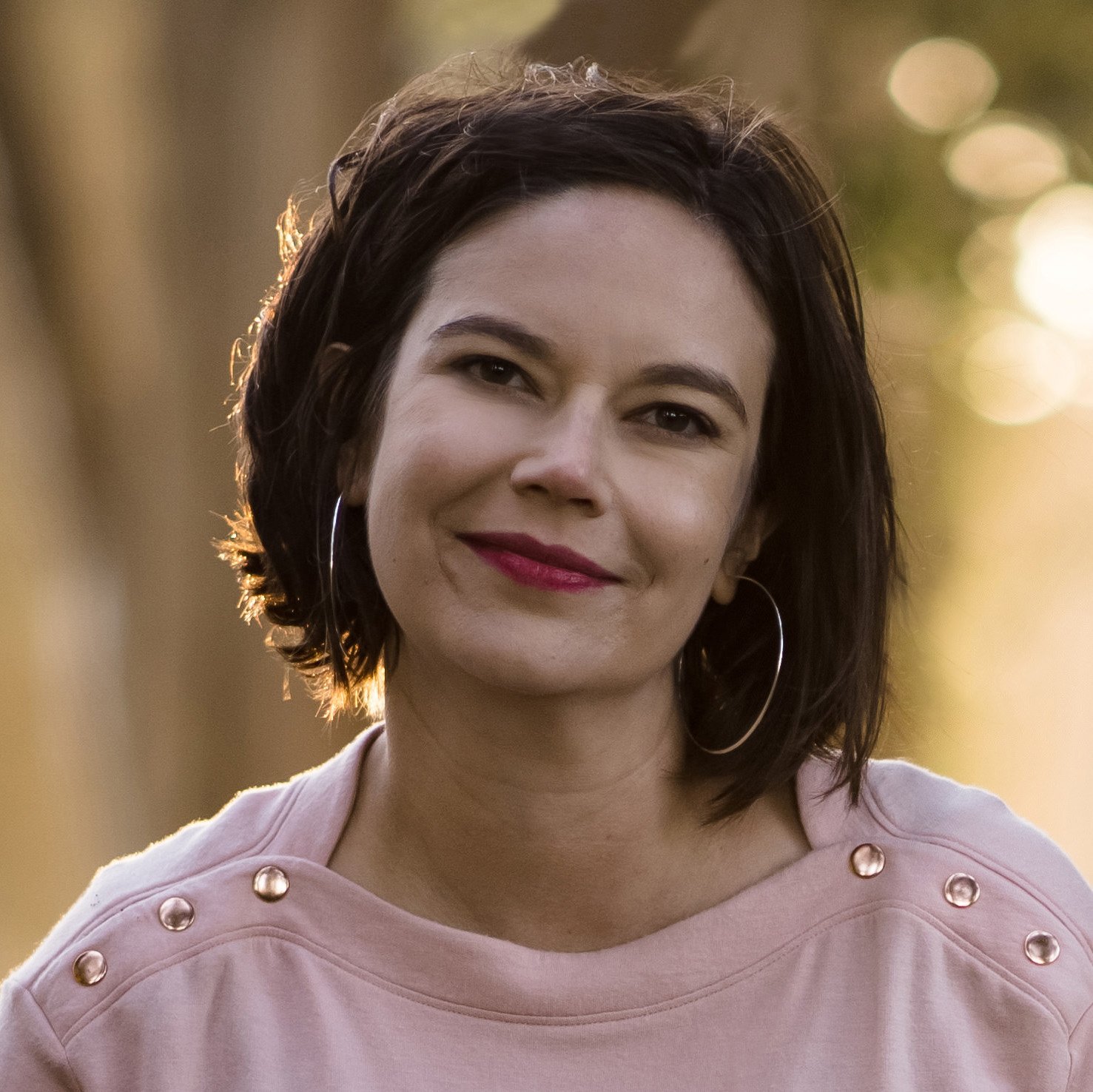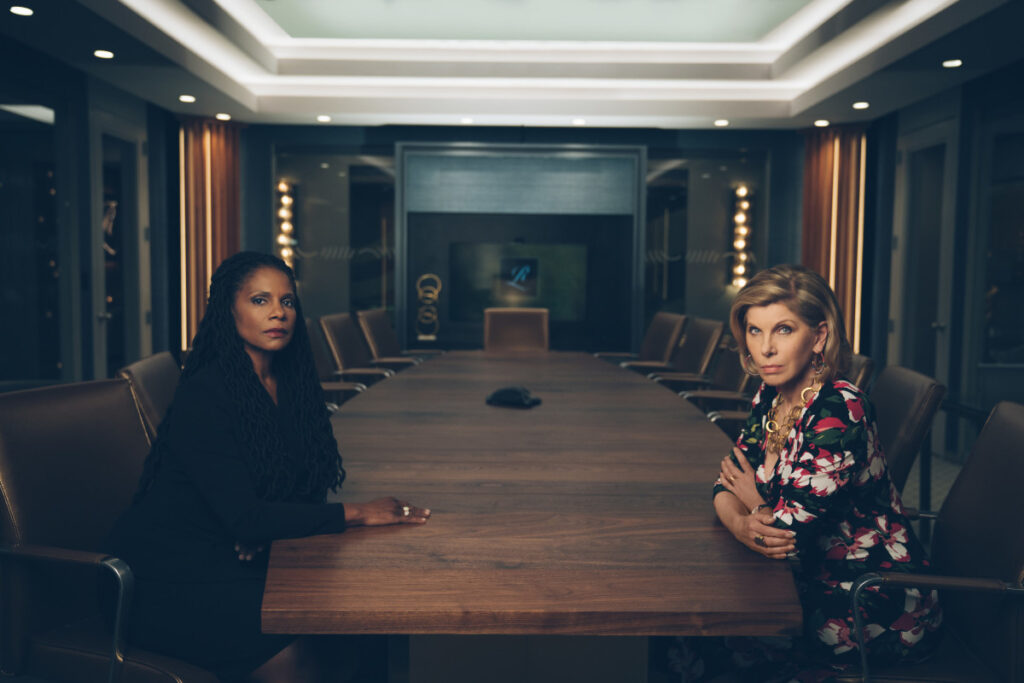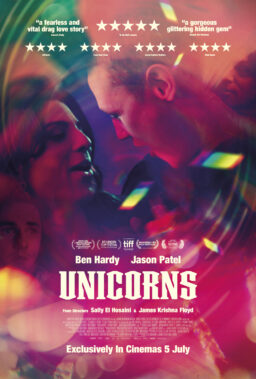Resetting a show is hard. “The Good Fight” has done it well, twice. A spin-off of the Julianna Margulies CBS vehicle “The Good Wife,” the Christine Baranski edition was commissioned when we all thought Hillary Clinton was going to be President. It was going to be a show about Baranski’s Diane Lockhart flourishing in a world that recognizes her worth and reflects her values. When Trump won, they had to re-envision the whole show quickly. For the fifth season, with the pandemic disrupting filming, two key cast members leaving, and the Biden administration reflecting a new direction, “The Good Fight” faced another reset. It handled the change masterfully.
“The Good Fight” is a show that knows its strengths. They kept up the ripped-from-the-headlines plots, dealt with racism in COVID patient treatment, the insurrection on January 6, and “cancel culture,” to name a few. As in past seasons, these real-world events gave our fictional characters obstacles but didn’t venture into heavy-handed preaching or even easy answers. Part of how the show manages this trick is pairing the real with the absurd. This season, Diane’s didn’t micro-dose psychedelics, but we still got cartoon musicals explaining archaic bits of law, hallucinations presented as tactile as any reality, and silly bits, whether it’s the office filled with teddy bears or plaintiffs in animal costumes.

This mixture in tone and topic allowed “The Good Fight” to have sympathetic and deeply flawed characters—a combination many shows attempt but fail to achieve. We lost two of the audience’s favorites in the season five premiere: Delroy Lindo as Adrian Boseman and Cush Jumbo as Lucca Quinn. They both got reasonably admirable send-offs, and their departures made way for “The Good Fight” to fix some things. Audra McDonald as Liz Reddick was moved to the center, literally putting her on the poster with Baranski. This season, Liz had a love interest, moral quandaries of her own, and some interesting cases. Charmaine Bingwa was introduced as the new associate Carmen Moyo, putting in a memorable performance. And a disarming Wanda Sykes was introduced as the firm’s potential new partner. It’s worth noting that all three of these additions were dark-skinned Black women, a group missing from so much Prestige television.
“The Good Fight” also did a bit more to acknowledge that it’s not a Black-and-white world out there, not even in Chicago where the show takes place. For what it’s worth, in that city and now across the US, Latinxs of all races rival African Americans as the largest not European-descended group. On “The Good Fight,” we saw a high-profile Latino client in Tony Plana’s Oscar Rivi, but he played a stereotypical drug kingpin. Why they had his young attorney Carmen know Spanish because of night school and not because she’s Latina, I’ll never know. The show also takes on a hate crime against an Asian woman but didn’t give any Asian characters real screen time. Obviously, there’s still some room for growth, even if the season moved that needle in the right direction.
Thankfully though, “The Good Fight” is no longer a show about white women at a Black law firm and so can now plumb what it means for Diane (and to a lesser extent Sarah Steele’s Marissa Gold) to be a white leader in a Black space with balance and acuity. In fact, this conflict drove the season with Diane trying to convince Liz to re-imagine Reddick-Lockhart as woman-led rather than Black-led firm. It’s a classic left-y question—what should we prioritize, race or gender?—and it’s one that consistently leaves out Black women. Even though they’re the people who arguably have the most at stake and the most to say. Making Liz the arbitrator of the race-or-gender debate on “The Good Fight” was fresh, realistic, and compelling.

The other big sticking point of season five was the validity of the legal system itself. Is it viable? Or is it too corrupt, inefficient, and/or prejudiced? Plenty of courtroom dramas investigate this question but rarely do they propose an answer. “The Good Fight” tried in no less likable a person than the universally beloved Mandy Patinkin. He played “Judge” Hal Wackner, a rogue justice seeker who created his own court with his own rules in an attempt to fix the many problems of our current system. But when he landed billionaire investment, started handling criminal cases, and inspired copycats, had he gone too far? The answer depends on your frame of reference, and “The Good Fight” leaves it up to us to decide.
Indeed, this season is all about our internal conflicts. Yes, the outside world does impose a little (mostly in Diane’s husband Kurt getting implicated in the storming of the Capital) but the meat is in how we ultimately define ourselves. What is justice? What is right? What is wrong? And what is our role, if any, in pushing the needle toward fairness? At one point in their on-going struggle over what the law firm should be, Liz tells Diane, “You’re a good person” and Diane retorts, “No, I’m not.” They don’t settle that one, and, as a viewer and fan of Diane’s, I’m not sure who I agree with. It’s a small, provocative moment and one that’s stuck with me. It also perfectly embodies the genius of the fifth season of “The Good Fight,” the one where the enemy is vanquished and so somehow becomes ourselves.












